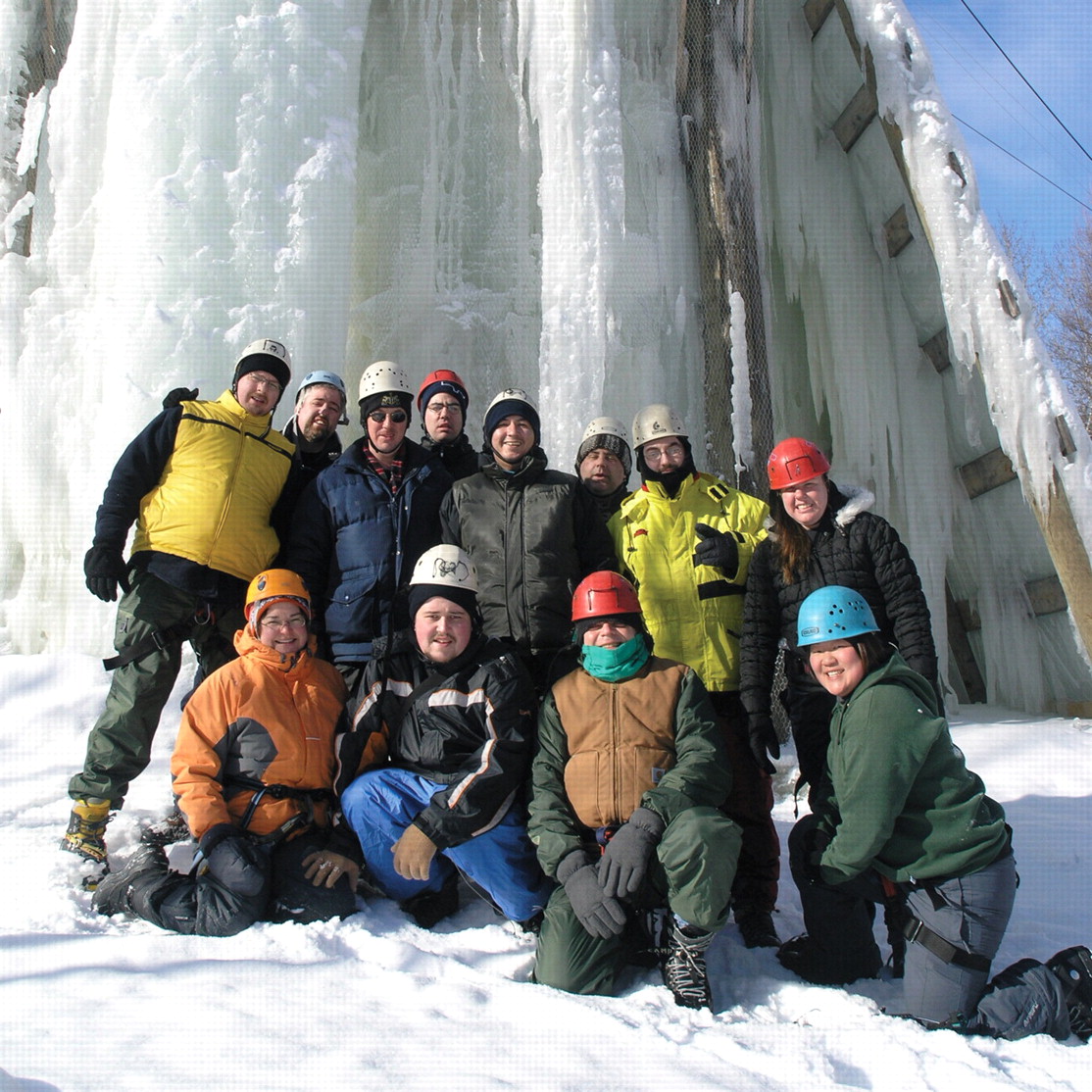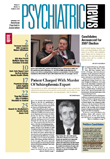As Garfield the cartoon cat used to ask, “Are we having fun yet?”
“You bet!” a group of Canadians with schizophrenia would have undoubtedly replied in July 2003. They were participating in an outdoor program that is believed to be the first of its kind, at least in Canada and the United States.
The program, Going Beyond, was conceived for people with severe mental illness by Lakshmi N.P. Voruganti, M.D., an associate professor of psychiatry at McMaster University in Hamilton, Ontario, and his coworkers. They modeled it on the outward Bound philosophy, which focuses on developing inner strength, character, and resolve by training the mind through the body with challenging experiences in a supportive educational format.
Voruganti, also a consultant psychiatrist for st. Joseph's Healthcare in Hamilton, and his team designed Going Beyond to have people with schizophrenia engage in a variety of outdoor activities and sports—for instance, camping, canoeing, kayaking, and rock climbing in the summer, and ice skating, snowshoeing, snow-boarding, and skiing in the winter. The activities and sports are coordinated and supervised by a recreation therapist, a nurse, a social worker, and an occupational therapist while presenting novelty, adventure, risk, and challenge.
The investigators examined the psychological and physical value of Going Beyond in a small pilot study published in the august Canadian Journal of Psychiatry. Twenty-three clinically stable individuals with schizophrenia, and with an average age of 32, participated in the program for eight months, while 31 such individuals, with an average age of 41, served as controls. The controls received standard clinical care plus recreational activities provided by the clinic—movie nights, dances, a summer picnic, and a christmas party. All of the subjects were evaluated with standardized rating scales at the start of the program, at the end, and a year thereafter. Subjects' weights were recorded at quarterly intervals throughout the study.
While Going Beyond participants showed only marginal improvement in their perceived cognitive abilities, the improvement was sustained a year later. In contrast, the control group did not experience any improvement in their perceived cognitive abilities at the end of the program period, and these abilities remained the same or got slightly worse a year later.
Moreover, Going Beyond participants experienced significant improvements in self-esteem and global functioning by the end of the program, which were also sustained a year later. In contrast, the control group exhibited no perceptible changes in self-esteem and global functioning.
A few comments participants made about the program underscore the new zest for life that it instilled in them. Said one: “We could do things and not feel ashamed of ourselves.” Another noted, “This program allowed me to think more clearly about my goals and values.”
Voruganti said his favorite comment was, “There are things I would tell this group that I wouldn't tell my psychiatrist.”
Besides the cognitive and other benefits, the intervention group also lost, on average, 12 pounds by the end of the eight-month program, whereas the control group gained, on average, nine pounds in the same period. In fact, 18 of the 23 participants were able to maintain their weight loss a year after the program was over, Voruganti told Psychiatric News.
“This novel recreation-based group intervention that, in its preliminary evaluation, has 97 percent adherence, promotes significant weight loss, and enhances self-esteem and functioning certainly deserves a closer look,” Anthony Lehman, M.D., chair of psychiatry at the University of Maryland and a major contributor to the American schizophrenia recovery movement, said in an interview. “It literally offers a breath of fresh air.”
“I don't think that the results of this study are surprising at all,” Wesley Sowers, M.D., a past president of the American Association of Community Psychiatrists and a member of the Coalition of Psychiatrists for Recovery, commented. “When we think about the goals of recovery-focused services and recovery in general, the idea is for people to take control of their lives.”
Also heartened by their preliminary results, Voruganti and his team are now launching an ambitious four-year randomized, double-blind, controlled trial called the Diabetes Prevention Program in Schizophrenia. As Voruganti explained, “It involves an evaluation of the feasibility of... lifestyle-modification strategies in delaying or preventing the onset of diabetes among people with schizophrenia who are detected to have raised glucose and other metabolic abnormalities.”
And if the findings are positive, Voruganti and his group pointed out in their report, “the practical implications would be enormous in terms of addressing weight gain, type 2 diabetes, and other metabolic abnormalities observed during long-term antipsychotic therapy.”
The study was sponsored by st. Joseph's Healthcare and supported in part by an unrestricted educational grant from Novartis.
“Going Beyond: An Adventure- and Recreation-Based Group Intervention Promotes Well-Being and Weight Loss in Schizophrenia” is posted at<www.cpa-apc.org/Publications/cjpHome.asp>.▪

